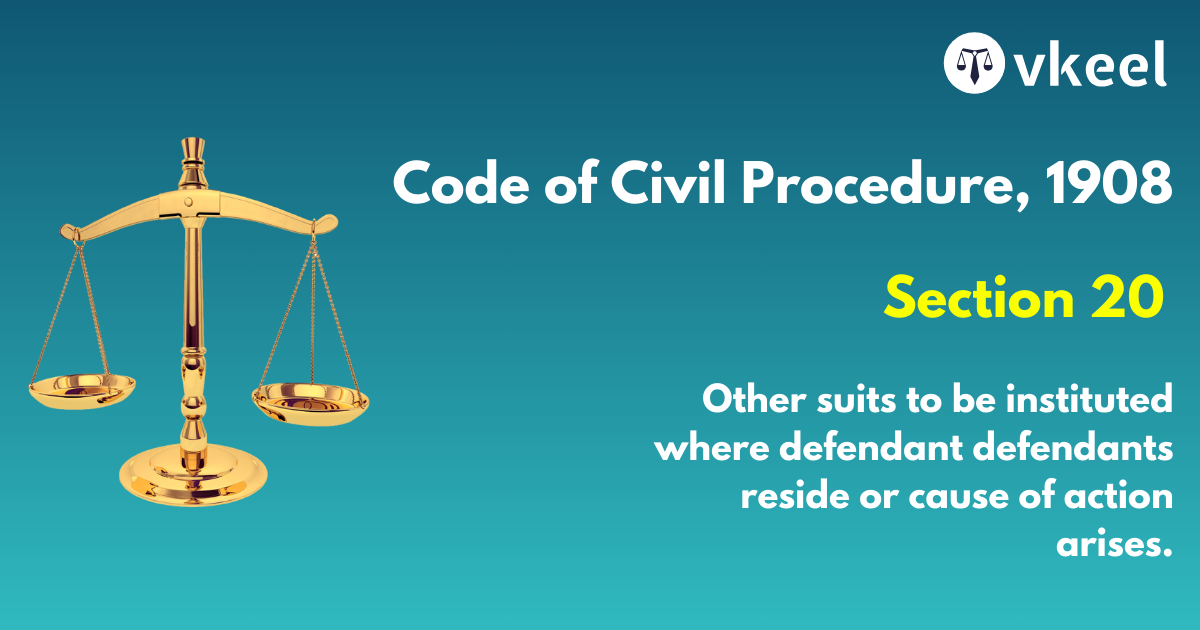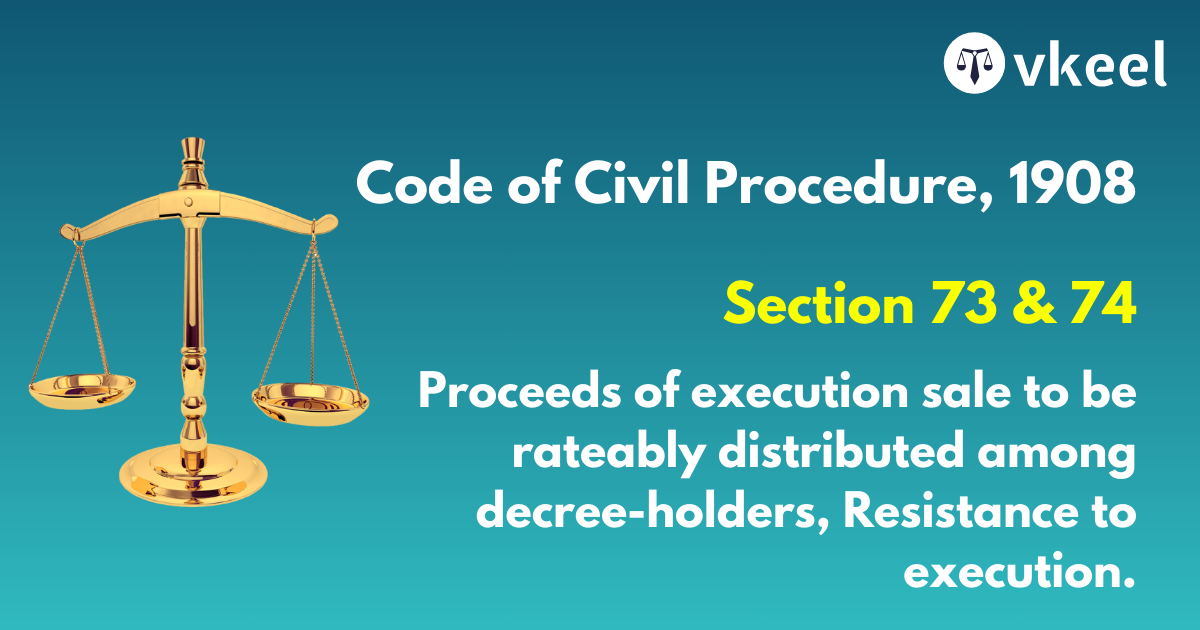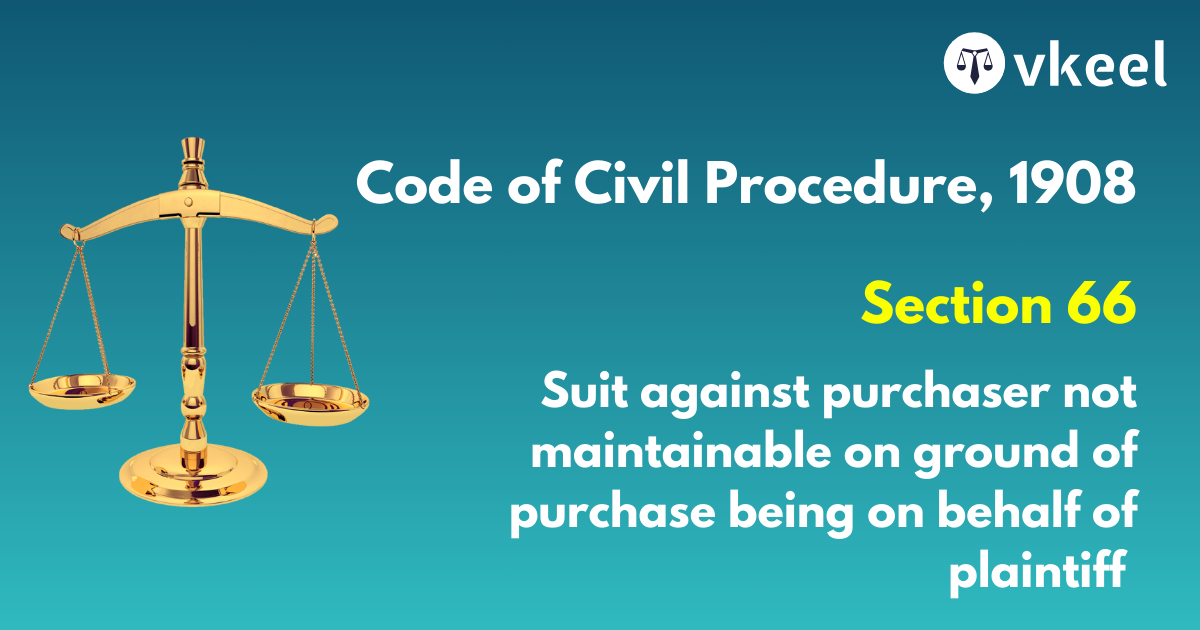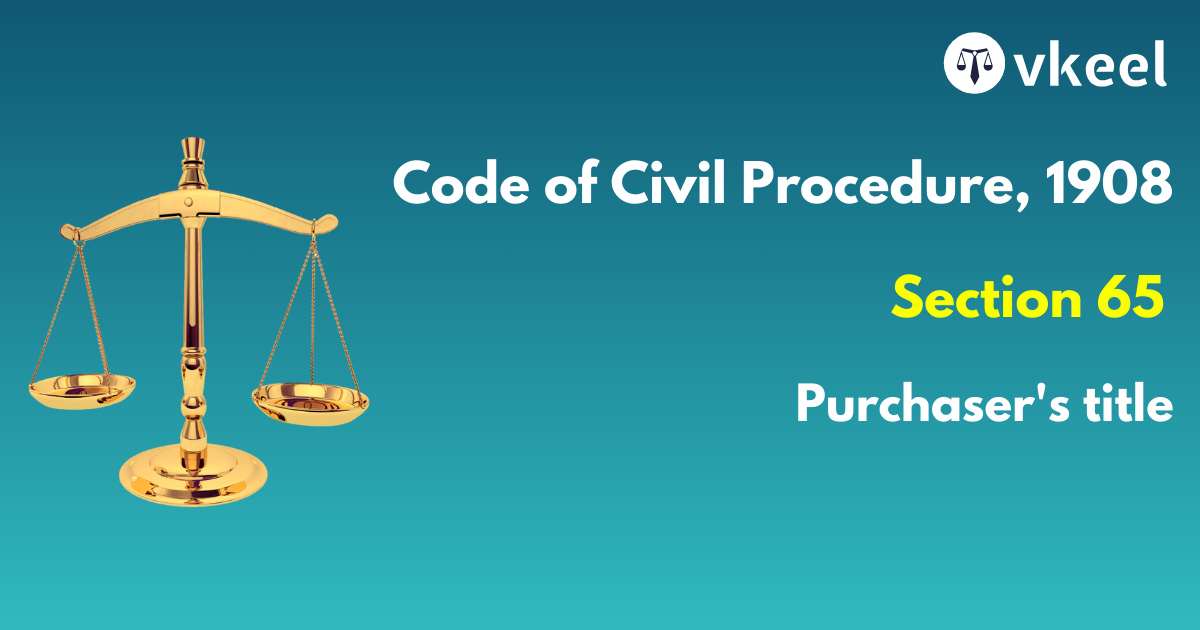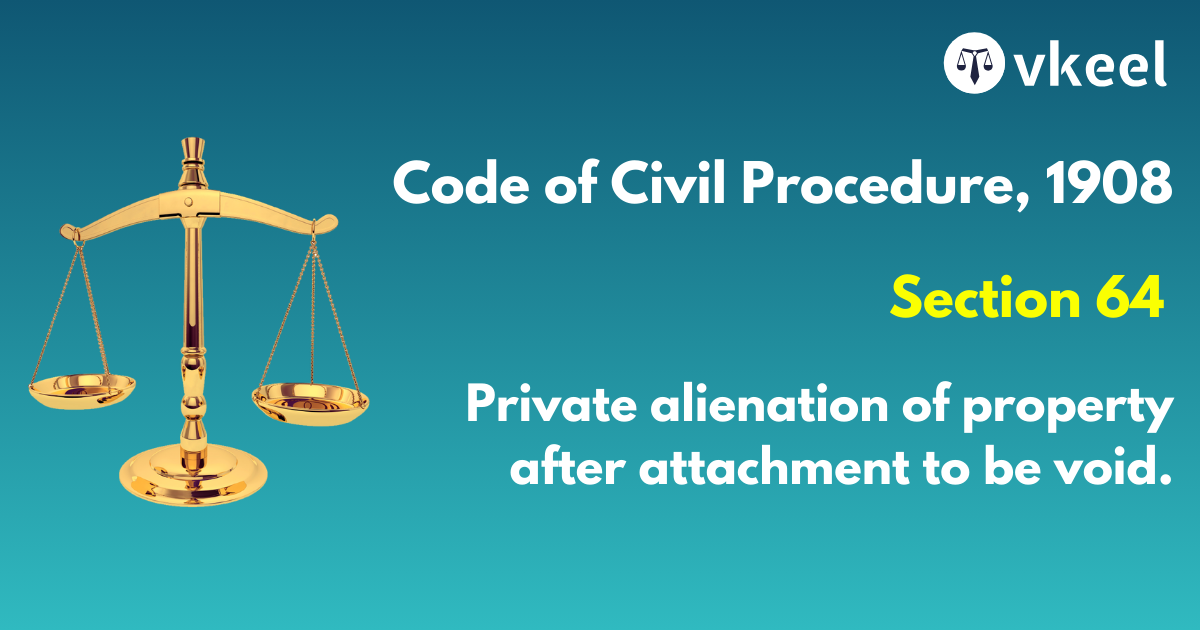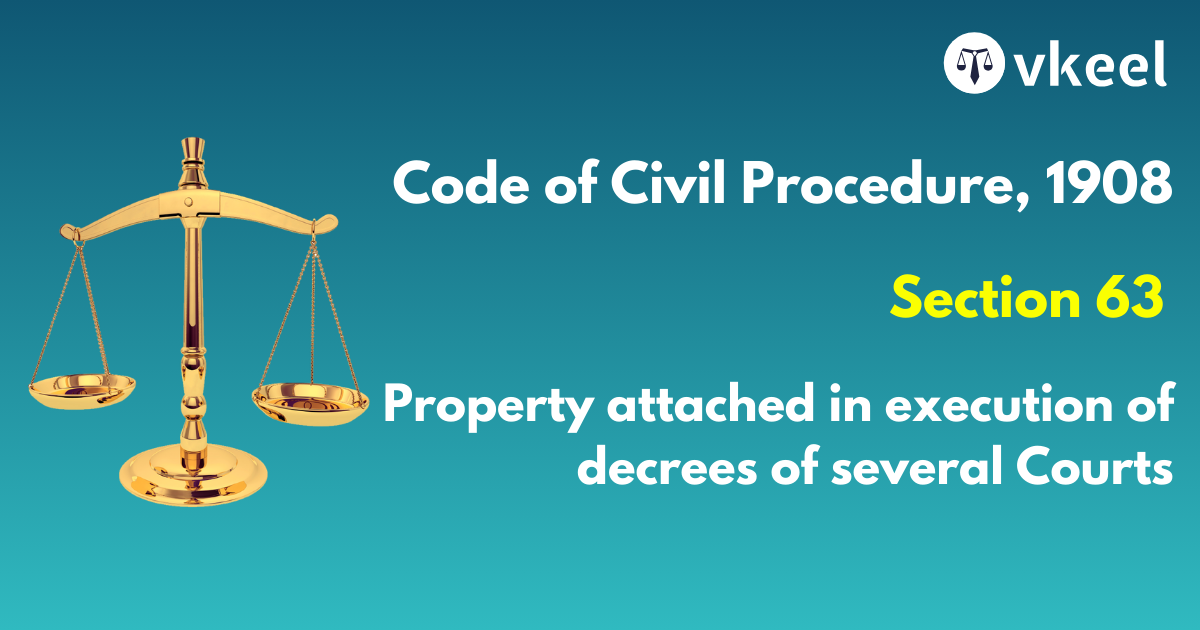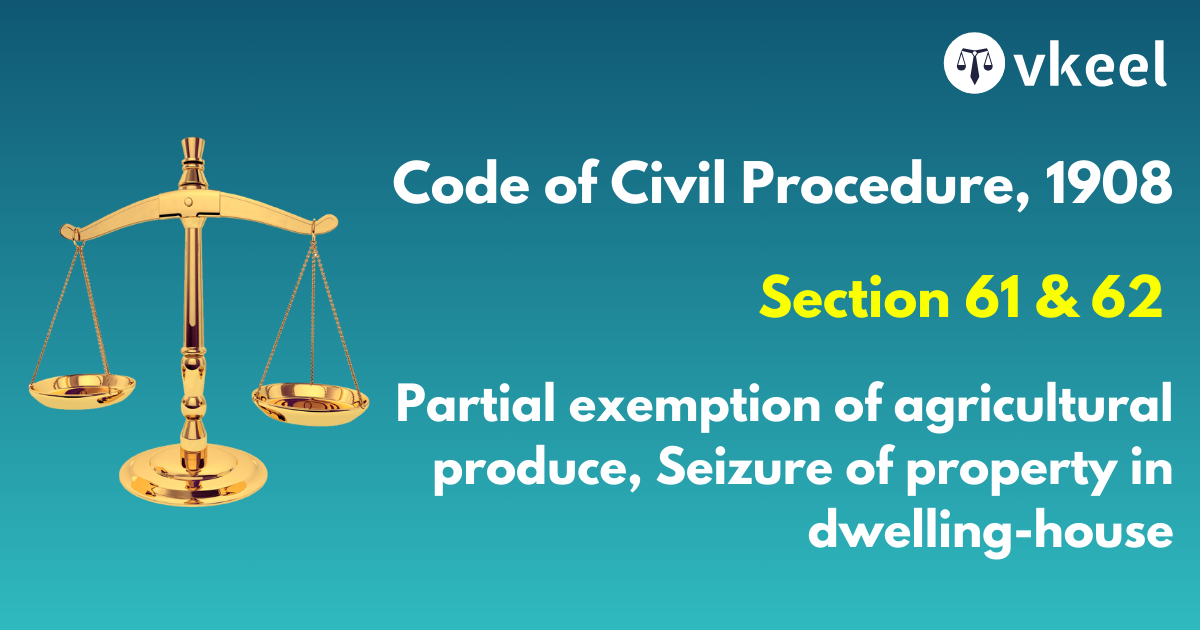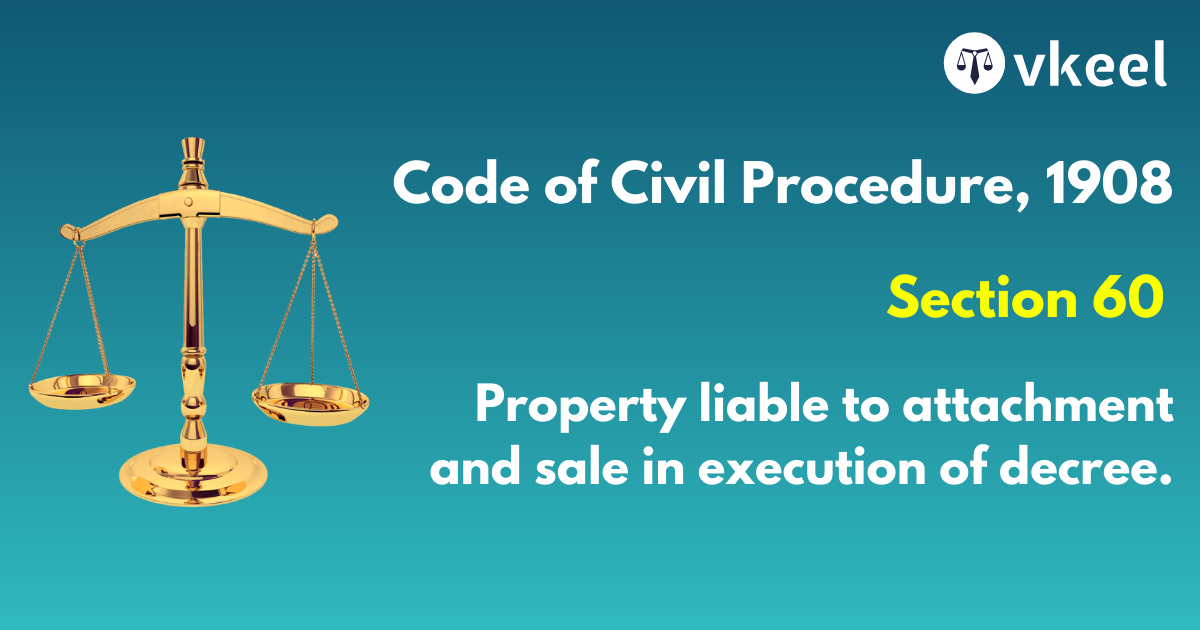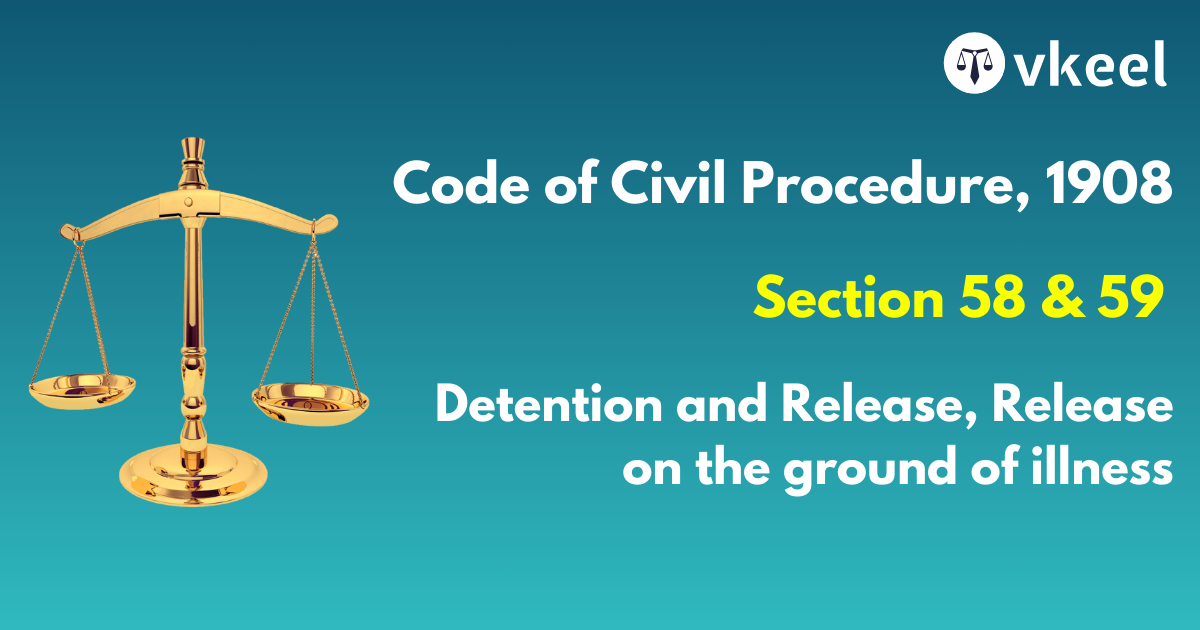Section 20 Code of Civil Procedure,1908 – Other suits to be instituted where defendants reside or cause of action arises
By Joy Puri
Introduction
The above mentioned section of the Code of Civil Procedure, 1908 refers to a general section which covers the personal actions and is further subject to the other limitations.
The explanation of the aforementioned entails about the corporation which further opines that the corporation is deemed to carry on business at its sole or principal office in India or, in respect of any cause of action arising at any place where it has also a subordinate office, at such place.
Section 20 of the Code of Civil Procedure, 1908
20. Other suits to be instituted where defendants reside or cause of action arises— Subject to the limitations aforesaid, every suit shall be instituted in Court within the local limits of whose jurisdiction—
(a) the defendant, or each of the defendants where there are more than one, at the time of the commencement of the suit, actually and voluntarily resides, or carries on business, or personally works for gain; or
(b) any of the defendants, where there are more than one, at the time of the commencement of the suit actually and voluntarily resides, or carries on business, or personally works for gain, provided that in such case either the leave of the Court is given, or the defendants who do not reside, or carry on business, or personally work for gain, as aforesaid, acquiesce in such institution; or
(c) the cause of action, wholly or in part, arises.
Landmark Case Laws
New Moga Transport Co Vs United India Insurance Co Ltd 2004
Normally, under clause (a) to (c) plaintiff has a choice of forum and cannot be compelled to go to the place of residence or business of the defendant and can file a suit at a place where the cause of action arises. If the defendant desires to be protected from being dragged into a litigation at some place merely because the cause of action arises there it can save itself from such a situation by an exclusion cause.
Kusum Ingots & Alloys Ltd Vs UOI, 2004
Even if a small part of cause of action arises within the territorial jurisdiction of the High Court, the same by itself may not be considered to be a determinative factor compelling the High Court to decide the matter on merit. In appropriate cases, the Court may refuse to exercise its discretionary jurisdiction by invoking the doctrine of forum conveniens.
Pooja Bahadur Vs Uday Bahadur
It is necessary to make it clear that a person may have more than one dwelling houses. Both a place where one works and another ancestral place where he regularly goes and such place has not been permanently left by him can be places of his actual residence. Similarly, a woman may have her residence at two places one where she ordinarily lives with her husband and another the place of her parents if she regularly visits and stays there. But where her children are living separately with their father, jurisdiction regarding claim of their custody by mother would lie with the Court situated where the father and the children are living.
Ohanakumaran Nair Vs Vijayakumaran Nair
Permanent residence of a person employed abroad or far away, may be the place in India where his ancestral family or his own house is situated. For a person detained in custody residence can be said to be at the place where the detention facility is situated. But for the purpose of jurisdiction of Civil Courts such place of constructive or involuntary residence is irrelevant and that is eloquently conveyed by employment of the expression ‘actually and voluntarily’ in Section 20(a) to qualify the word ‘resides.
Rajesh Coach Builders Vs Shah Nagindas Machchram
It does not comprise evidence necessary to prove such facts, but every fact necessary for the Plaintiff to prove to enable him to obtain a decree. Everything which if not proved would give the Defendant a right to immediate Judgment must be part of the cause of action. But it has no nexus whatsoever to the defence which may be set up by the Defendant nor does it depend on the character of the relief prayed for by the Plaintiff.
Conclusion
The aforementioned provision thereby describes about the jurisdiction of the courts of law and ordains about the territorial limits of the courts in the case wherein the courts have to be inclined towards the defendant’s perspective.`
Disclaimer:
The information provided in the article is for general informational purposes only, and is not intended to constitute legal advice or to be relied upon as a substitute for legal advice. Furthermore, any information contained in the article is not guaranteed to be current, complete or accurate. If you require legal advice or representation, you should contact an attorney or law firm directly. We are not responsible for any damages resulting from any reliance on the content of this website.

